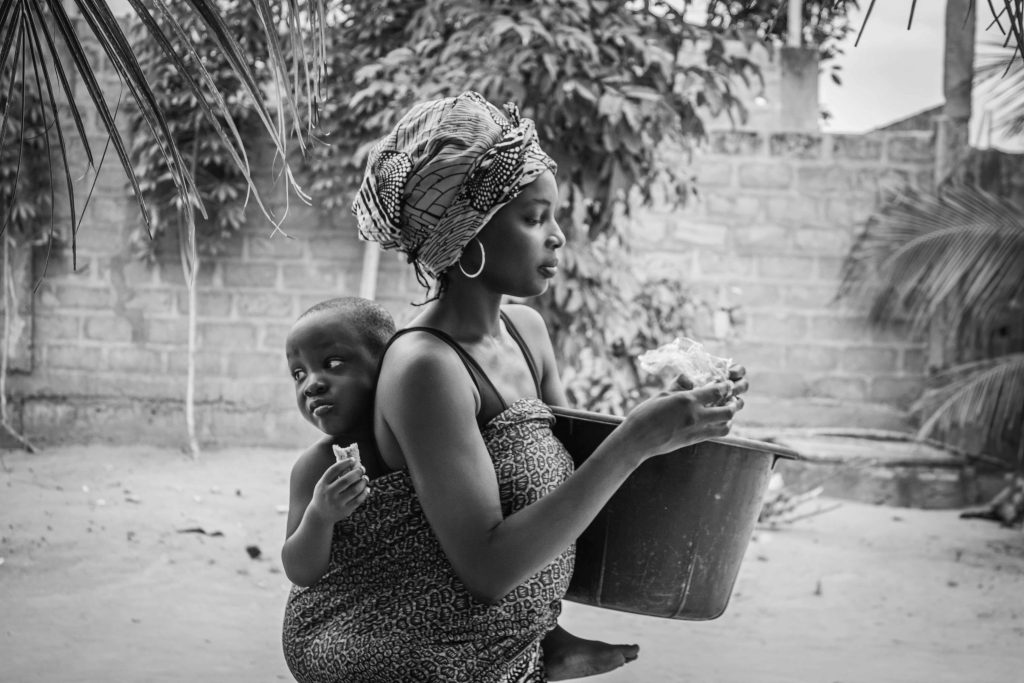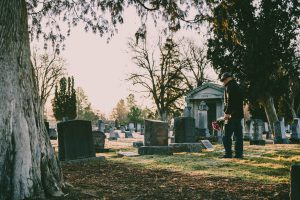
Chinua Achebe ( 1930 – 2013) is one of Nigeria’s most dominant literary figures. He portrays the social, economic, and political life of postcolonial Africa through his works. Things Fall Apart is his famous novel that depicts how colonization impacted the Igbo tribe. Gabriel Okara was a contemporary writer who discussed postcolonial themes in The Mystic Drum and Once Upon a Time.
No Madonna and Child could touch
that picture of a mother’s tenderness
for a son she soon would have to forget.
The poet mentions the beautiful image of Mary and child Jesus to elucidate the depth of agony carried over by the poor mother and her child in a refugee camp. The painting of Madonna and child holds significant value in western art.
The writer challenges the readers to compare the refugee mother and the Madonna. The refugee mother in the camp symbolizes the wide variety of African cultures while Madonna represents the western culture. Poet confirms that the refugee mother is more tender than Madonna. Poet also welcomes his reader’s attention to the sick child. Poet says that she would have to forget her son soon, which implies death.
The air was heavy with odors of diarrhea of unwashed children
with washed-out ribs and dried-up
bottoms struggling in labored
steps behind blown empty bellies.
He also narrates the physical atmosphere of that refugee camp by pointing out that the air was heavy with a bad smell. People are struggling in the refugee camp even for their basic sanitation. The poet observes many children are suffering from diarrhea. They do not have enough water to clean those kids.
Poet employs three words to modify the children and their situation; unwashed, washed out, and dried up. They are starving, yet they have to fight for what life offers.
most mothers there had long ceased
to care but not this one; she held
a ghost smile between her teeth
and in her eyes the ghost of a mother’s
pride as she combed the rust-colored
hair left on his skull and then – singing in her eyes – began carefully
to part it… In another life this would have been a little daily
act of no consequence before his
breakfast and school; now she did it like putting flowers
on a tiny grave.
In the last stanza, the writer applies wild images and symbols to denote the soreness of the mother. The poet notes that this mother could not smile because her son may die soon. Poet uses the word ghost to point out how unrealistic her smile is at this point. The existence of that lady as ‘ a mother’ is ending up. She sings and combs her son’s head carefully. She discerns that generally, it should be an act of happiness. She refers to the mornings in which she used to help her son combing hair. But in that refugee camp, she feels it is like leaving flowers on her son’s grave. The poem ends by indicating the desolation experienced by that mother.
Check out these deals
<a target=”_blank” href=”https://www.amazon.ca/b?_encoding=UTF8&tag=manubaby7160b-20&linkCode=ur2&linkId=fe2586b082512d4559ad00c8a4090905&camp=15121&creative=330641&node=667823011“>Best gadgets</a>



